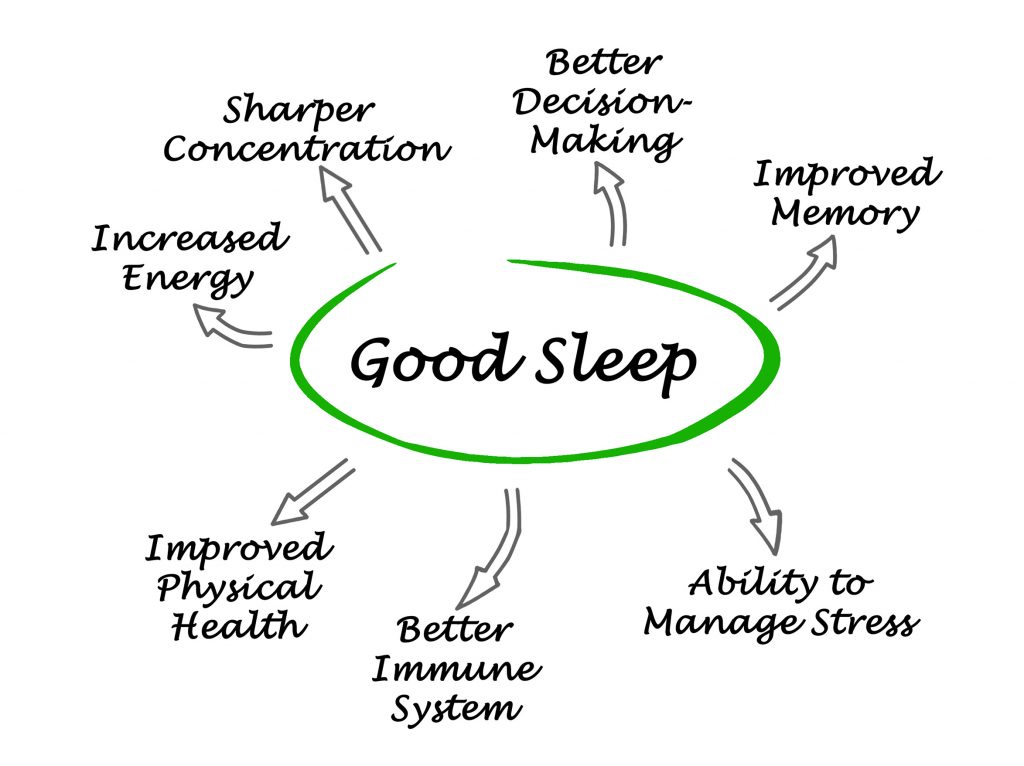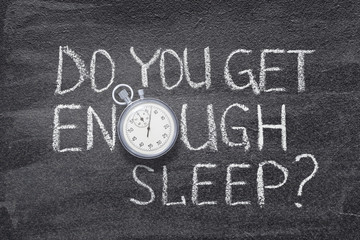A PRELUDE TO PILLOW TALK, BETTER SLEEP MEANS A BETTER YOU
By Carmen Greger
Sleep has emerged over the last decade as a crucial element for overall health, with sleep quality being the most commonly studied. Quality sleep has many benefits, such as growth, enhanced nervous system function, elevated wellbeing, and basic survival.
Chronic inadequate sleep is associated with obesity, insulin resistance, type 2 diabetes, metabolic syndrome, and cardiovascular disease, cognitive decline and dementia, and mental health problems such as anxiety and depression.
Acute sleep deprivation, even a single night of it, has immediate cognitive, physical, and psychological effects.
Stages of Sleep
Today we have so much technology at our finger tips to track our health and wellness, and for sleep, it’s no different. Whether you use an App or wear a wrist device at night, tracking your sleep may be advantageous if you are not getting a full night of sleep.
According to the National Sleep Foundation getting 7-9 hours of sleep is recommended.
The stages of sleep include non-REM and REM (rapid eye movement).
Non-REM sleep includes stages 1-4, which are light and deep sleep (slow brain activity).
Without going into too much detail here, what I do want you to know is that deep sleep is when we get the most recovery and benefit for overall health; this is when our brains are able to slow down, allowing our body to rest and recover.
If the average person sleeps 8 hours, then 1-2 hours or 25% of our sleep should be in deep sleep, while 90 minutes is good for our REM stage. The time in and out of each stage will be different for everyone, but getting adequate sleep in each stage is fundamentally important to our health, and ultimately survival.

Sleep, Weight Management, and Our Brain
Sleep plays an important role in weight management; glucose metabolism, appetite, endocrine (hormones), and immune function. Increasing evidence supports the findings that insufficient sleep contributes to obesity. And a lack of sufficient sleep may also compromise the efficacy of common weight-loss interventions.
Diagnosed sleep disorders such as sleep-apnea and insomnia are well established risk factors of cardiometabolic diseases. However, the more we have learned about how important sleep is to our overall health, the more solid the link of short sleep duration, irregular sleep, and poor sleep quality to disease risk factors. (On the flip side of that, sleeping more than 9 hours regularly may also have negative health effects, such as cognitive decline). Studies on ‘short sleep’ suggest an association with poor diet, including high sugar intake, and lower in fiber, fruits, vegetables, and poor food quality.
Sleep deprivation has also been shown to influence emotions; Poor sleep quality correlates with high negative and low positive emotions, including strong evidence of anxiety and depression post sleep deprivation.
Studies have observed a greater adherence to food quality in relation to better sleep quality. This includes the mediterranean diet, a higher intake of fruits of and vegetables, and lower inflammatory and sugary foods. Both poor sleep and poor food quality are both often end products of psychological factors such as work or family stress, anxiety, or loneliness leading to emotional distress. It can be a viscous cycle.
There is a strong correlation that better sleep quality can profoundly impact mental health, which is likely to improve healthy dietary behaviors. Inconsistency of sleep timing and irregular sleep durations may also contribute to poor food quality choices. For example, shift workers are at greatest risk of poor sleep and irregular sleep, which can lead to obesity, metabolic dysfunction, and cardiometabolic diseases.
But, WHY does lack of sleep leas us to make poor food choices?
Well, when we get shorter durations of sleep there is a greater desire for highly palatable sugary/fatty food via our internal neural reward network in the brain. A disregulation of appetite hormones, ghrelin and leptin also occurs. Sleep deprivation can additionally decrease insulin sensitivity in healthy individuals, which can lead to temporary impaired glucose tolerance. Last, a lack of sleep diminishes activity in the brain associated with food choices, and amplifies activity to promote eating.
When you deprive your body and brain of sleep whether intentionally, due to an irregular schedule, or because of a diagnosed sleep disorder, your whole system longer works optimally, and may start working incorrectly, as in literally having the wires crossed, so the brain body connection actually gets mixed messages.
Below are some helpful tips to begin your healthy sleep quality habits. If you are someone who suffers from poor sleep, try one of these habits at a time, and every two weeks add one more until you have build a solid new sleep routine.

BETTER SLEEP STRATEGIES
Have a regular sleep schedule: go to bed and wake up at the same time each day
Create a good sleep environment: updated mattress and pillow, no TV/electronics in the bedroom, keep room temperature comfortable (60-67 degrees)
Clear the mind before bed: write a to-do list for the next day, journal, no ipad, smartphone 1 hour before bedtime
Relax before bed: read, listen to music, meditate
Exercise or get some type of movement daily
If you watch TV in the evening to wind down (not in the bedroom though), choose a Drama, it will help you sleep better then other show categories
SLEEP PITFALLS TO AVOID
Avoid caffeine, nicotine, or alcohol later in the day/evening/right before bed
Don’t lay in bed wide awake, get up and walk around, journal, or read
If you are a napper, avoids naps after 3pm and keep naps earlier in the day short-less than 1 hour
Try to avoid negative thoughts when laying in bed: “if I don’t fall asleep now, my whole day will be ruined tomorrow”
Avoid electronics 1 hour before bed: screen time can interfere with the body’s production of melatonin, our sleep hormone
By JENNI NOLL, Owner: Restore Movement & RestoreMvmt.com









